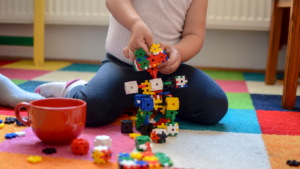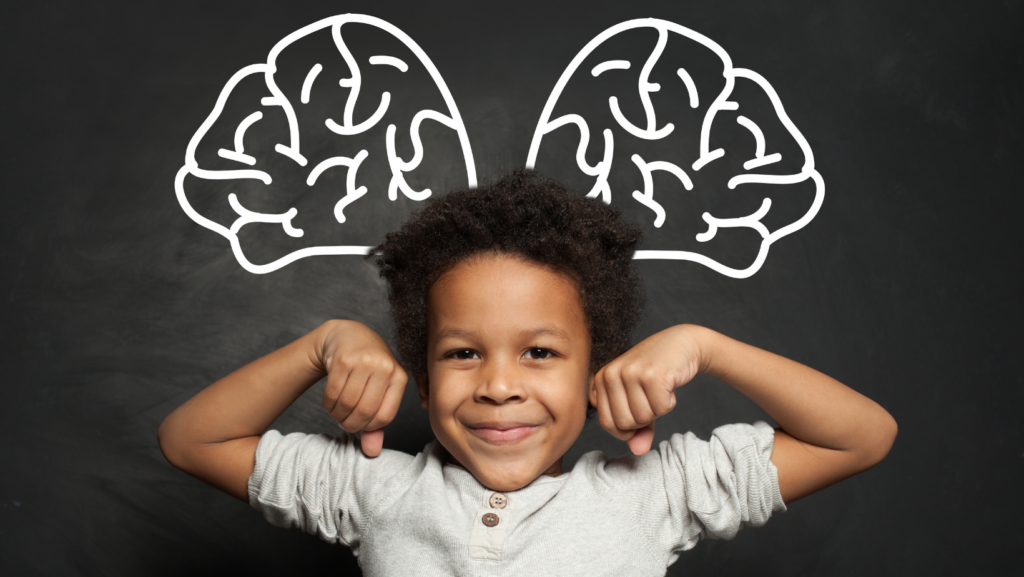Unleashing a child’s intellectual prowess can be as fun as a game of hide-and-seek. Brain teasers for kids serve as an excellent tool to stimulate their minds, encouraging creative thinking and problem-solving. They’re not just puzzles; they’re gateways to a world of critical thinking and cognitive development.
Whether it’s a rainy afternoon or a long car ride, brain teasers can turn idle time into a productive, brain-boosting session. They’re not only entertaining but also educational, providing a solid foundation for many essential skills. Let’s dive into the fascinating world of brain teasers for kids, exploring their benefits, types, and how they contribute to a child’s overall development.
Brain Teasers for Kids

Diversifying the understanding of brain teasers for kids, this section delves deeper into their contribution to cognitive development and mental fitness. Expanding the prior discussion, let’s explore the core reasons for integrating brain teasers into a child’s routine.
Cognitive development in kids relates to the progression of thought processes. Brain teasers facilitate this evolution. Actively engaging in brain teasers, kids enhance their problem-solving skills. They learn to approach problems from multiple angles, fostering adaptive thinking.
Consider, for instance, numerical brain teasers. Engagement with them can boost a child’s mathematical abilities. They promote the understanding of numerical relations and basic operations.
Brain teasers also stimulate children’s memory. Challenges that require recalling information can bolster the long-term retention capacity, vital for academic learning.
Lastly, these teasers nurture creativity. They often present open-ended scenarios, pushing kids to think beyond standard solutions.
| Cognitive Skill | Brain Teaser Benefit |
| Problem-solving | Approach problems from multiple angles |
| Mathematical Abilities | Understanding of numerical relations |
| Memory | Boost long-term retention capacity |
| Creativity | Promote out-of-the-box thinking |
Why Brain Teasers are Essential for Kids’ Mental Fitness

Brain teasers aren’t just integral in academia, they are essential for overall mental fitness. They provide the brain with a workout, similar to how physical exercise benefits the body. Regular mental workouts through brain teasers improve concentration and attention span, proving helpful in classroom scenarios and daily life.
Moreover, they reduce stress. When kids concentrate on solving a puzzle, they divert their focus from potential sources of worry or stress. By being engaged in a playful activity that stimulates the brain, they’re also practicing mindfulness.
Lucidly, the complexity of brain teasers plays a role in enhancing a child’s mental resilience. Coping with increasingly difficult teasers may initially frustrate the child, but overcoming these challenges boosts their self-esteem and mental stamina.
Thus, the value of brain teasers lies in their multifaceted benefits. They’re tools for cognitive development and devices for ensuring mental fitness, all while keeping kids entertained and engaged.
Types of Brain Teasers for Kids

Different brain teasers aim at stimulating varied aspects of cognitive development among children. They can be fundamentally categorized into riddles and puzzles, logic and math teasers, and visual-spatial brain teasers.
Riddles and puzzles act as catalysts for a child’s critical thinking and reasoning skills. They, most often, introduce an enigma or conundrum that the child needs to decode or decipher. For instance, “I speak without a mouth and hear without ears. I have no body, but I come alive with the wind. What am I?” (The answer is an echo). Or a puzzle could present a scrambled picture that must be arranged into a coherent image.
Logic and Math Brain Teasers
Logic and Math brain teasers for kids nurture the child’s mathematical aptitude and reasoning abilities. They often present a sequence or pattern that needs decoding or a complex question requiring strategic problem-solving. For example, “If three cats catch three mice in three minutes, how many cats would be needed to catch 100 mice in 100 minutes?” (The answer remains three since the rate of catching remains the same).

